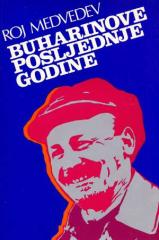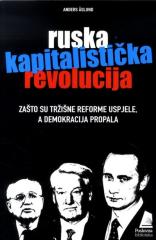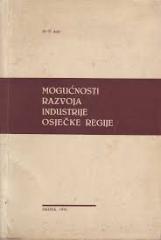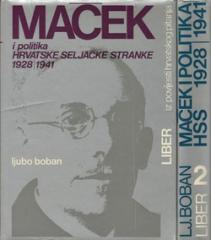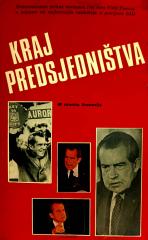
Snažan eho brionski: Odjeci Brionskog plenuma u Bosni i Hercegovini 1966. godine
Knjiga Amira Duranovića detaljno rekonstruira dramatičnu 1966. godinu i Četvrtu (Brionsku) sjednicu CK SKJ (1–2. juli 1966) na kojoj je smijenjen Aleksandar Ranković, dugogodišnji šef UDB-e i potpredsjednik SFRJ.
Autor dokazuje da se nije radilo samo o ličnom sukobu Tito–Ranković, već o sudbonosnom zaokretu:
- kraj srpsko-centralističke dominacije u federaciji
- slabljenje represivnog aparata i otvaranje prema liberalnijim reformama
- početak kraja unitarističke JugoslavijeKljučni momenti opisani u knjizi:
- aferu prisluškivanja Tita u rezidenciji na Brionima („bube“ otkrivene maja 1966)
- unutrašnju borbu u vrhu: Kardelj i slovenačko-kravatski blok protiv Rankovićevog „beogradskog lobija“
- masovnu čistku u službama bezbjednosti (preko 2.000 otpuštenih oficira
- ustavne amandmane 1967–1968. kojima su republike dobile veću autonomiju
- buđenje nacionalnih pokreta (Hrvatsko proljeće, kosovski protesti 1968)Duranović tvrdi da je
Brionski plenum bio „drugo historijsko NE“ – ovaj put ne Staljinu, već domaćem staljinizmu i srpskom hegemonizmu. Bez pada Rankovića ne bi bilo ekonomskih reformi 1965, ni ustavnih promjena 1974, ali ni kasnijeg jačanja nacionalizama koji su 1990-ih razbili zemlju.
Knjiga donosi dosad nepoznate stenograme sa sjednice, svjedočenja preživjelih učesnika i arhivske dokumente iz slovenskih i hrvatskih fondova. „Snažan eho brionski“ pokazuje da je 1966. bila godina kada je Jugoslavija birala između dalje centralizacije i federativne demokratizacije – i izabrala drugo, ali s cijelim nizom nepredviđenih posljedica.
One copy is available
